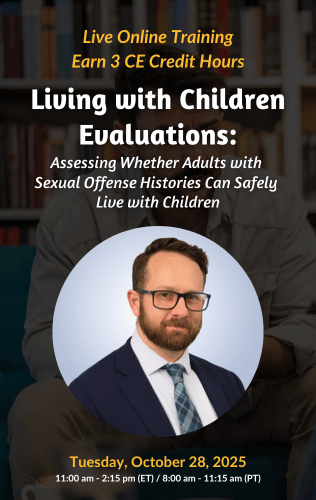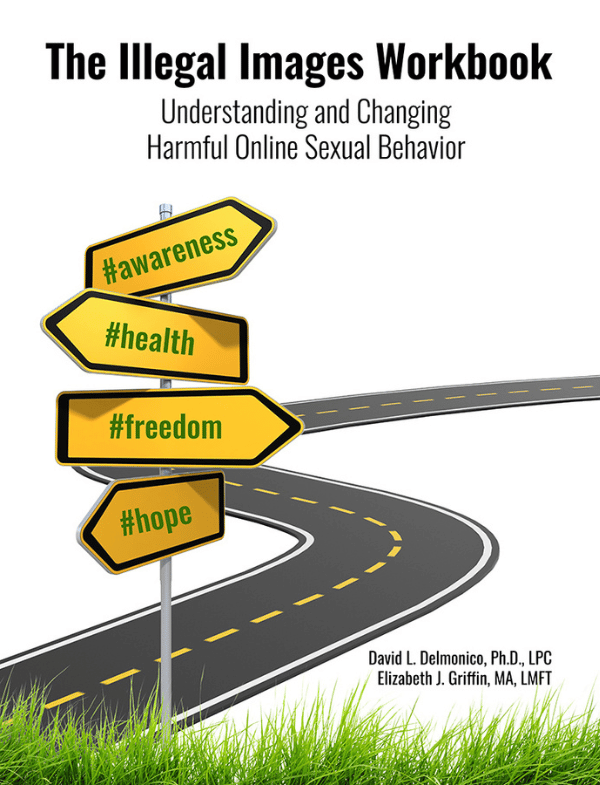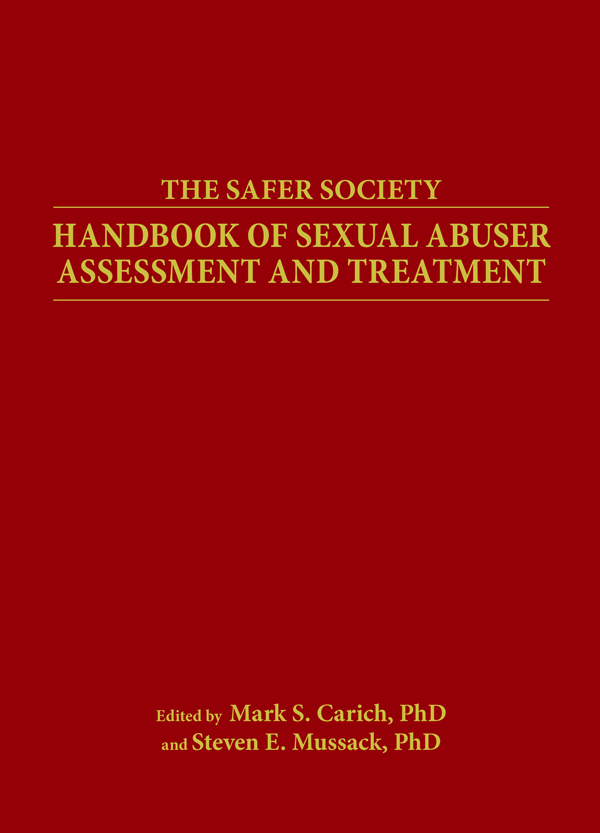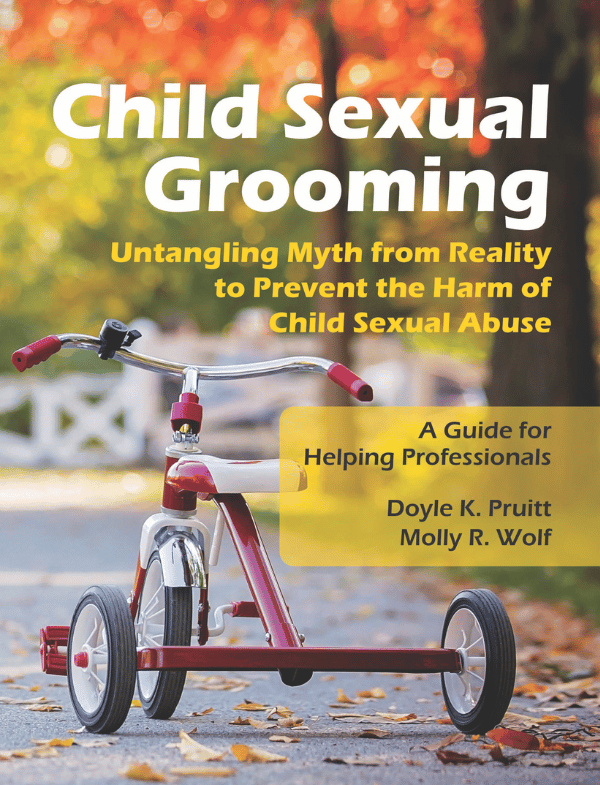Home / Shop / Online Trainings / Trainings
Live Online Training - Living with Children Evaluations: Assessing Whether Adults with Sexual-Offense Histories Can Safely Live with Children

- Description
Date: October 28, 2025
Time: 11:00 am – 2:15 pm ET / 8:00 am – 11:15 am PT
Format: Live interactive training offered via Zoom
Presented by: Zachary Yeoman, PsyD (See Bio)
You must attend the entire live training and complete an evaluation to be eligible for CE credits. If you seek only psychology credits, the evaluation is optional, and you can remain anonymous.
Online Training Description:
As with many areas of forensic psychology and the law, living with children (LWC) evaluations pose unique challenges. Whatever their personal viewpoints regarding policy and legislation, evaluators must conform their work product to meet the requirements of the legal systems in which they operate. In conducting these assessments, evaluators must balance best practices in sexual offense risk assessments and modern research on this population with answering the specific questions required by the legal system.
 Typically, a forensic evaluator comments on the risk of sexual re-offense by an individual who committed a sexual offense in broad, hypothetical contexts. In LWC evaluations, however, the evaluator must consider the examinee’s risk to a specific child. The specificity of the potential victim adds unique elements, such as potential vulnerabilities for victimization and the non-offending caregiver’s attributes and abilities.
Typically, a forensic evaluator comments on the risk of sexual re-offense by an individual who committed a sexual offense in broad, hypothetical contexts. In LWC evaluations, however, the evaluator must consider the examinee’s risk to a specific child. The specificity of the potential victim adds unique elements, such as potential vulnerabilities for victimization and the non-offending caregiver’s attributes and abilities.
In this training, Dr. Zachary Yeoman examines numerous aspects of LWC evaluations. He provides an overview of the legal contexts in which evaluators operate, helping them navigate areas where psychological science and the law may conflict. Dr. Yeoman then highlights best practices for sexual offense risk assessment and addresses strategies for evaluating risk with unique populations, such as:
- Individuals who have remained offense-free in the community for many years
- Those with child sexual abuse material (CSAM)-only offenses
- Adult females whose behaviors have potentially caused harm to children
Next, the training explores how to narrow the scope of the evaluation to a specific child and caregiving context using the Risk of Sexual Abuse of Children (ROSAC), a structured guide authored by Robert McGrath, Georgia Cumming, and Heather Allin. While this presentation is not a formal training on the ROSAC itself, it highlights the ways in which the guide can support evaluators in conducting LCW evaluations. Finally, Dr. Yeoman provides guidance on how to answer the required legal questions, using case examples in a manner consistent with ethical guidelines.
Learning Objectives
As a result of this training, attendees will be better able to:
1) Describe best practices in sexual offense risk assessment
2) Consider legal requirements while using best practices for forensic evaluation
3) Explain how a targeted LWC assessment differs from more traditional risk assessments
4) Create individualized recommendations in challenging situations
Interactive Follow-Up Meeting
Attendees are invited to join an open discussion 15 minutes following the end of the training, where you can engage with fellow attendees by turning on your camera and microphone. This is an opportunity to share your experiences and contribute to a meaningful exchange of ideas. Time will be allocated to address questions or insights from the training. Please note that attendance is optional and will not affect your eligibility for a training certificate.
We can refund your training fee up to 24 hours prior to the start of the training.
To view all training details and review our list of frequently asked questions, please click here to visit the promotional page.




